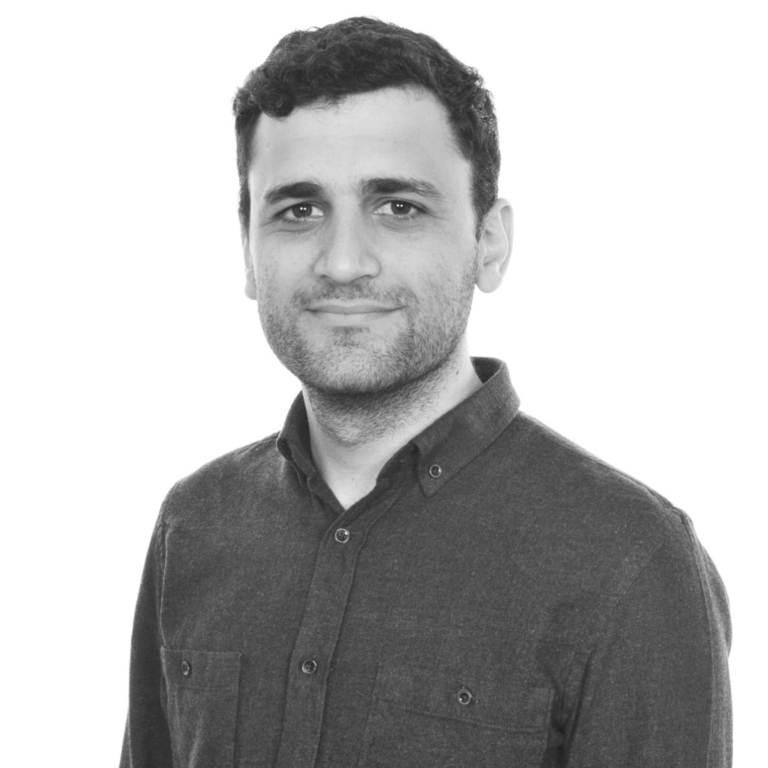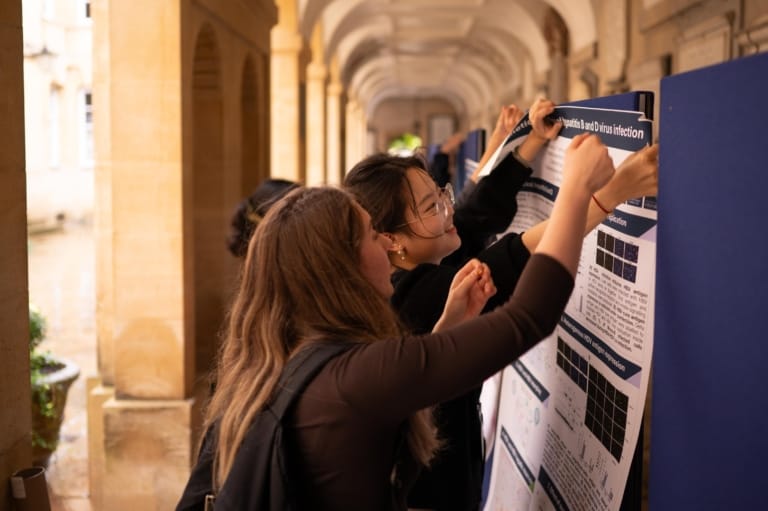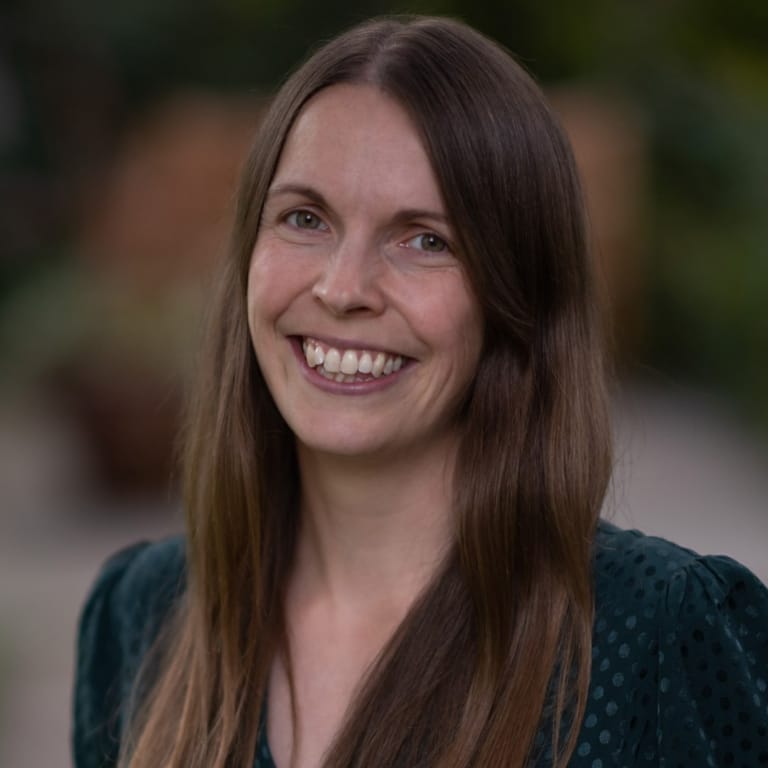What happens when a critical mass of Lister Fellows gathers in one place? At The University of Manchester, the answer is a vibrant, informal network that’s helping to shape careers, spark collaborations, and inspire the next generation of biomedical researchers.
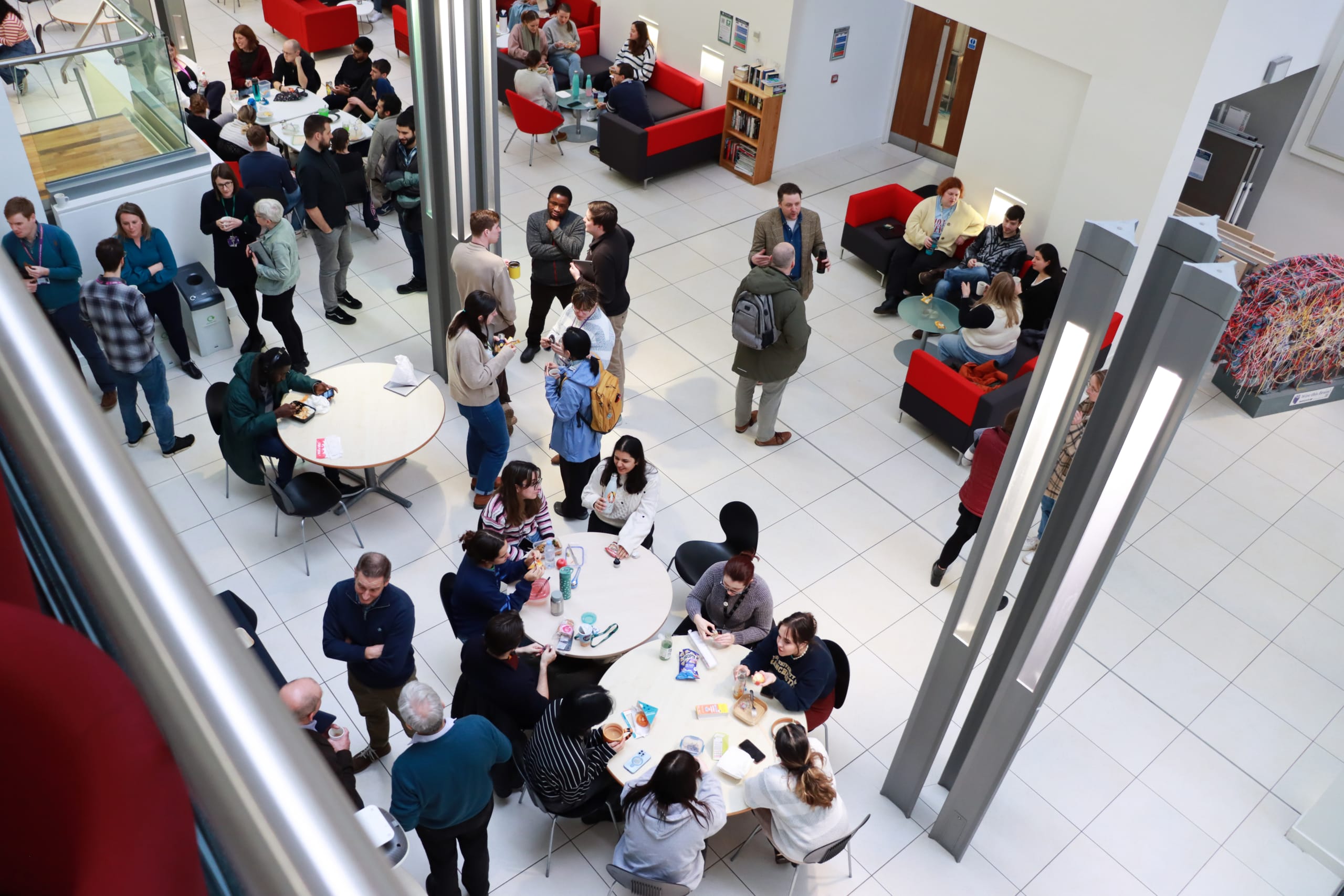
A culture of encouragement and giving back
For many Fellows, the journey to the Lister Prize begins with a nudge. Professor Judi Allen, a former member of the Lister Scientific Committee, says that past and current Fellows play a pivotal role in encouraging applicants and mentoring new Lister Prize winners. “We’re all aware of who the Lister Fellows are, and we all know each other,” she says. “When the Prize is awarded to someone from the University of Manchester, there’s a good chance that someone from the Lister community here has been involved in giving advice, and helping them write the application.”
That was certainly the experience of current Lister Fellow John Knight (Lister Prize winner 2023). He describes how conversations with former Fellows helped him prepare for the interview. “They reassured me that my application was for exactly the sort of thing Lister funds,” he says. “And they helped me prepare for the interview. The interview was almost fun in the end—it was nice to chat about my ideas and get some really thoughtful feedback.”
Lister Fellows Fiona Whelan (Lister Prize 2023) and Joanne Konkel (Lister Prize 2019) also credit part of their success to the encouragement and advice they received. Fiona recalls how Matt Hepworth (Lister Prize 2018) generously offered his time. “I basically cold emailed him asking for advice; instead of a short email, he offered his time for a zoom chat. Matt was extremely positive about the community and really helpful in shaping my application. When I was selected for interview, again he helped walk me through his experience of it and provided really helpful advice.” Joanne agrees, noting that “the community here is excellent in supporting interview practice, and this was vital to ensure I was ready and competitive for the award.”



Matt’s own journey was shaped by support from former Fellows too. He recalls how microbiologist Ian Roberts, now retired, “really pushed me and made me think. He made my application much better than it would have been otherwise.” He also credits Dan Davis, now at Imperial, with inspiring him to apply. “Dan said the Lister really changed his career trajectory. He was really enthused about it and pushed me to go for it.”
And what goes around, comes around. John says his office mate, a new lecturer in immune oncology, was encouraged to connect with Joanne, Judi and Matt. “She’s done that, and is now definitely going to apply,” he says. “I wouldn’t have ever known Matt or Joanne without the whole Lister connection.”
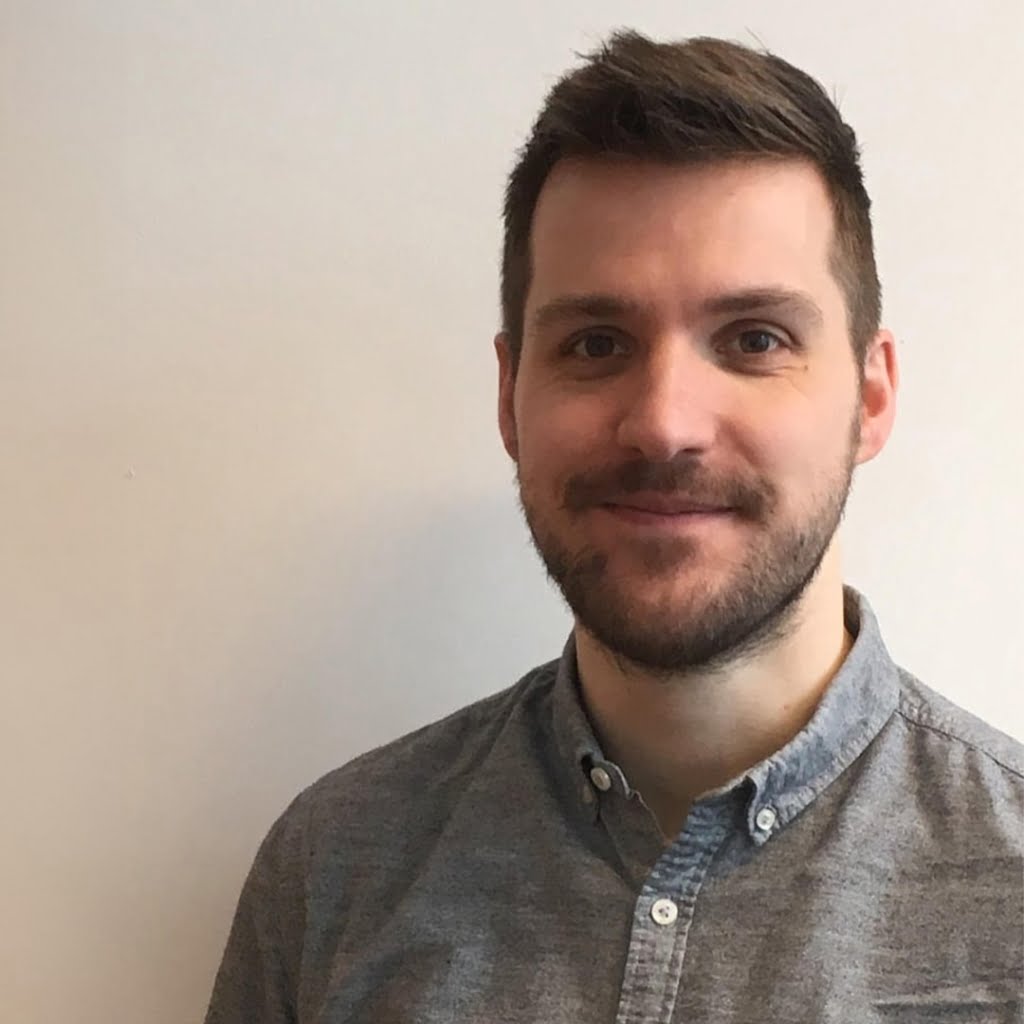
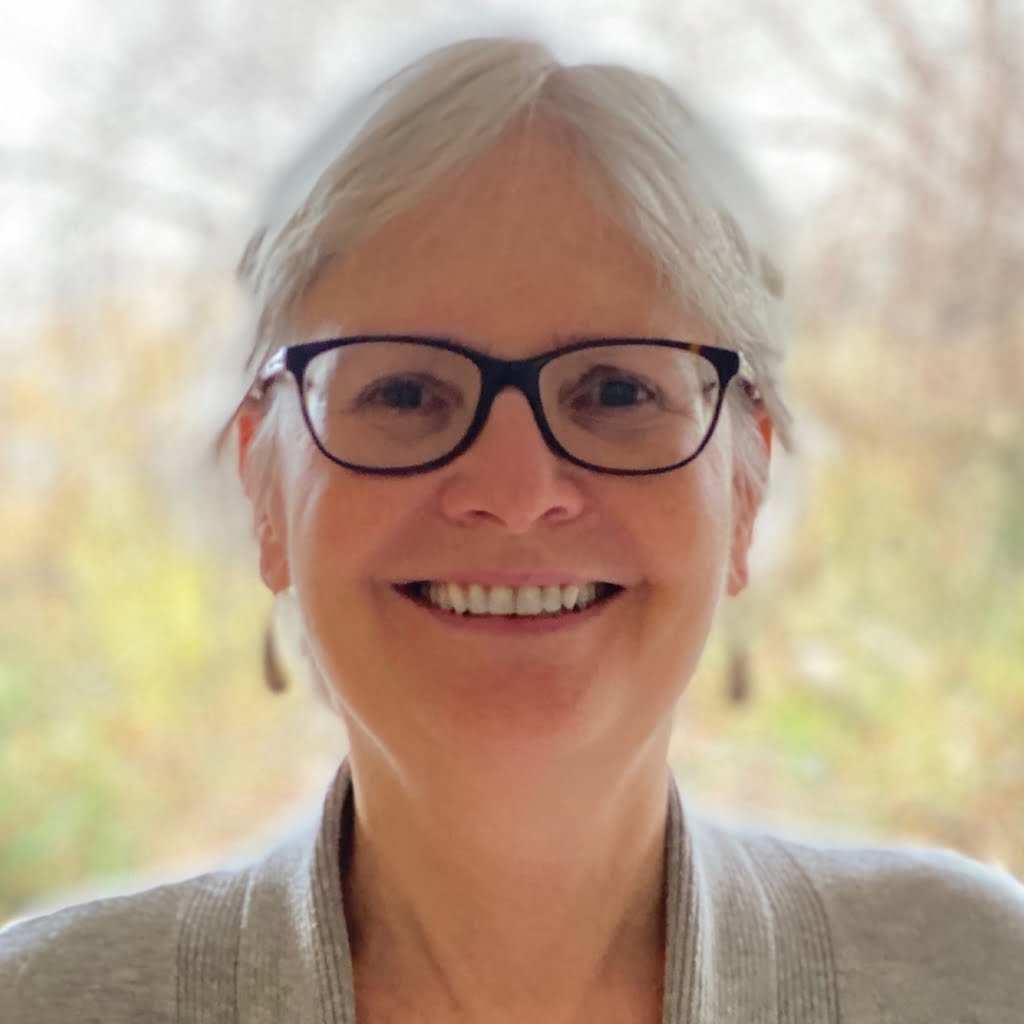
A community that goes and grows with you
While the Lister community at The University of Manchester isn’t formalised, its impact is tangible. “It’s a very organic thing,” says Judi. “Some of us are in physical proximity anyway, like next door offices, but anything that enhances scientific crosstalk is beneficial. That’s the beauty of the Lister, you share a connection with excellent scientists from different biomedical disciplines and have a legitimate reason to ask for their opinions.”
That crosstalk has led to real-world collaboration. Fiona, Joanne and Matt have all discussed overlapping research interests and are currently designing some shared experiments. “The Lister Prize has enabled me to undertake research that I would otherwise not have been able to do,” Joanne remarks. “The award supported me to pursue a new, but related, area of investigation. As a result, my group has published papers and I was awarded a Wellcome Trust Senior Fellowship.” Fiona describes how a conversation at her Prize winner’s dinner “changed the trajectory of my career. The community has expanded the scope of research questions that I can ask, and has given me the confidence to try bigger and better things.”
One standout example of community-led impact is the Manchester branch of the Lister-funded Microscopes for Schools programme. John and Joanne co-founded the initiative after meeting Simon Bullock at the Lister Annual Meeting in 2023. “We have now been to 10 schools across Manchester,” says John. “About 800 pupils got the chance to use microscopes and we gave out prizes for the best pictures.” The programme, initially funded by the Biochemical Society, has since received internal university funding and expanded its reach.
Crossing boundaries
The Microscopes for Schools expansion demonstrates how the Lister community opens doors to new ways of thinking. Looking beyond his Manchester base, Matt highlights how the Prize helped him develop new research threads and build a national network of peers. “It’s built a very nice cohort, particularly in my field,” he said. “The Lister helps to crystallise groups of people who are going through the same things around the same time as you are.”
Acknowledging the importance of sharing knowledge and experiences, The University of Manchester is currently building on the momentum that funded fellows can bring to the research environment. Sarah Ashworth, part of the University’s researcher development team, is spearheading a new initiative to create a more structured support network for all its fellows. “We’re looking to create regular opportunities for them to get together,” she said, “and to track how fellowships prepare people for what they want to do next.”
She says research fellows are a driving force for new areas of research and hopes The University of Manchester will become one of the top places people choose to host their burgeoning groups.
The Lister Institute thanks members of its community at The University of Manchester. We look forward to seeing surprising and powerful new insights from the bold, high-risk studies being led by our current Fellows.

